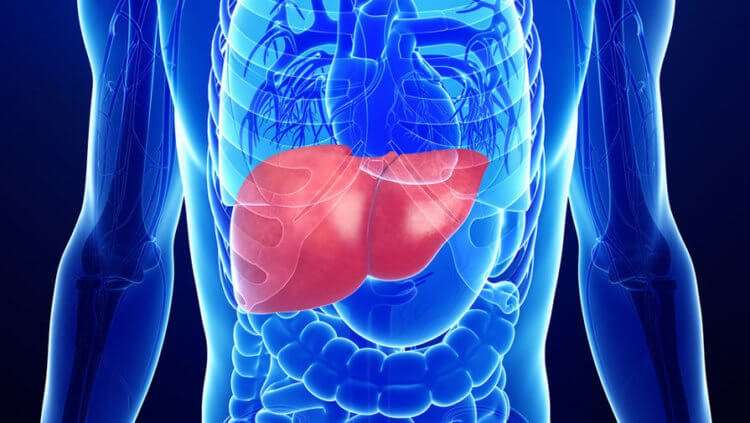For a long time, we have been told about cholesterol as something destructive, accumulating in the body as a result of improper nutrition. This fat-like substance is dangerous when lipids build up in the blood vessels and atherosclerotic plaques form. The presence of these plaques can cause a heart attack or stroke, which is fatal. Recently, however, there have been two types of cholesterol – the “bad” type, which is low-density lipoprotein (LDL), and the “good” type, which is high-density lipoprotein (HDL). “Good” cholesterol does not increase the likelihood of atherosclerosis. Nevertheless, it is believed that there should be as little “bad” and “good” cholesterol in the blood as possible. But scientists at Washington University in St. Louis came to the conclusion that the “good” cholesterol can be useful and very important. Below we will tell you what they are and if it is worth including cholesterol-containing products into your diet.
Cholesterol is good for our body: what is the secret?

Both types of lipoproteins have their own varieties. Some types of high density cholesterol include HDL3, which protect the liver from inflammation. And we’re not talking about people with liver disease at all. Inflammation can occur even in a person who has never complained about the liver. This is because this organ is constantly exposed to bacterial lipopolysaccharide. Simply put, along with the blood, fragments of the cell wall of the bacteria that are in the intestines enter the liver.
These “fragments” of bacteria cause the immune system to react, more specifically the immune system protein LBP, also called lipopolysaccharide-binding protein. It “catches” the bacterial lipopolysaccharide and simultaneously stimulates the immune system, i.e. it causes inflammation.
No need to explain that inflammation harms not only the infection, but also the liver cells themselves. They die, and in their place connective tissue is formed, which is not able to perform the function of the cells. That is, the organ starts to do its job worse.
Researchers at Washington University in St. Louis report in the journal Science that HDL3 particles, when they enter the liver with the blood, begin to interact with the LBP protein. By binding to HDL3, the immune system protein can no longer respond to the lipopolysaccharide and stimulate immune cells. In essence, HDL3 neutralizes the immune system. Accordingly, the liver does not become inflamed in such a case.




